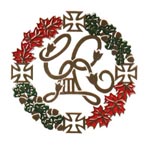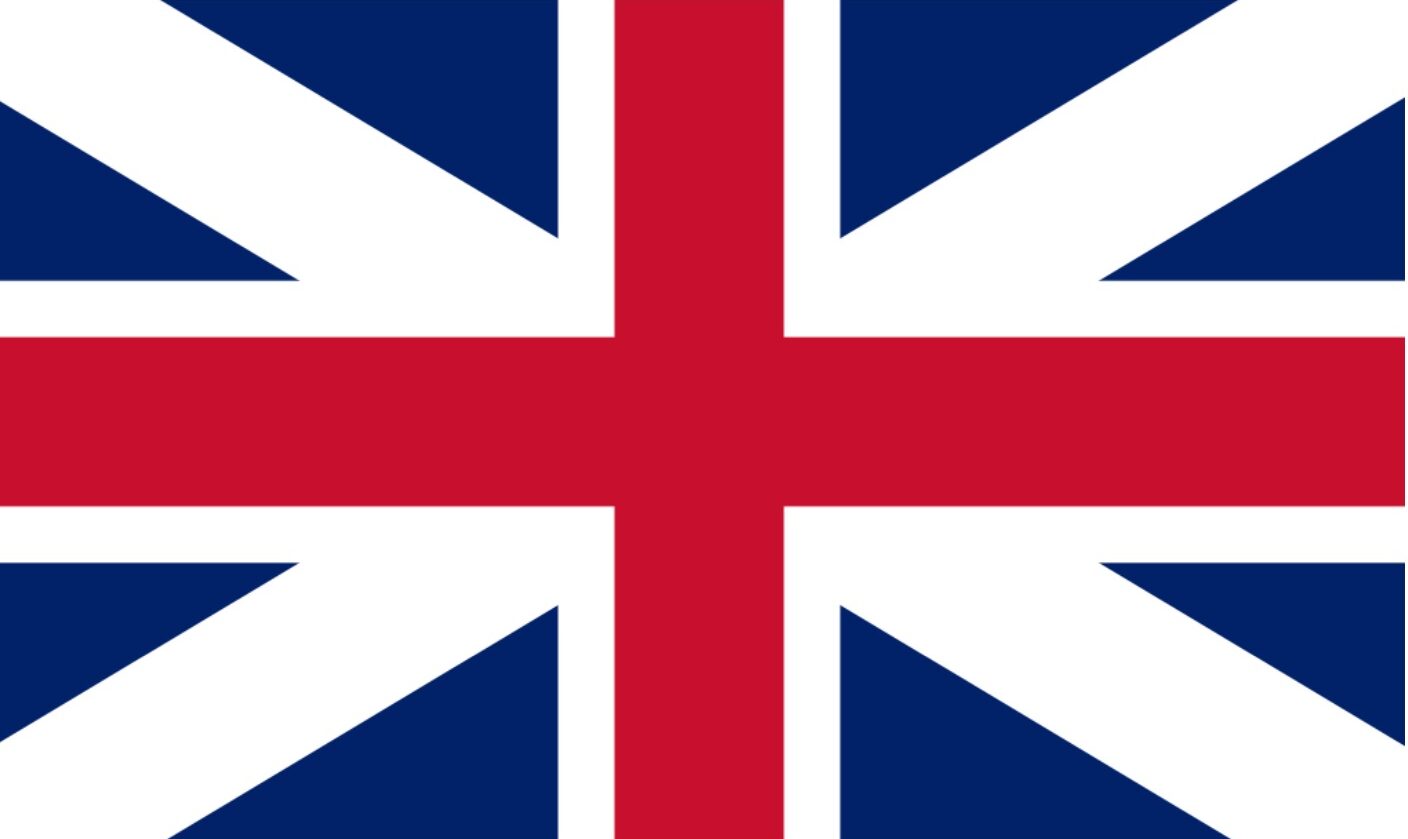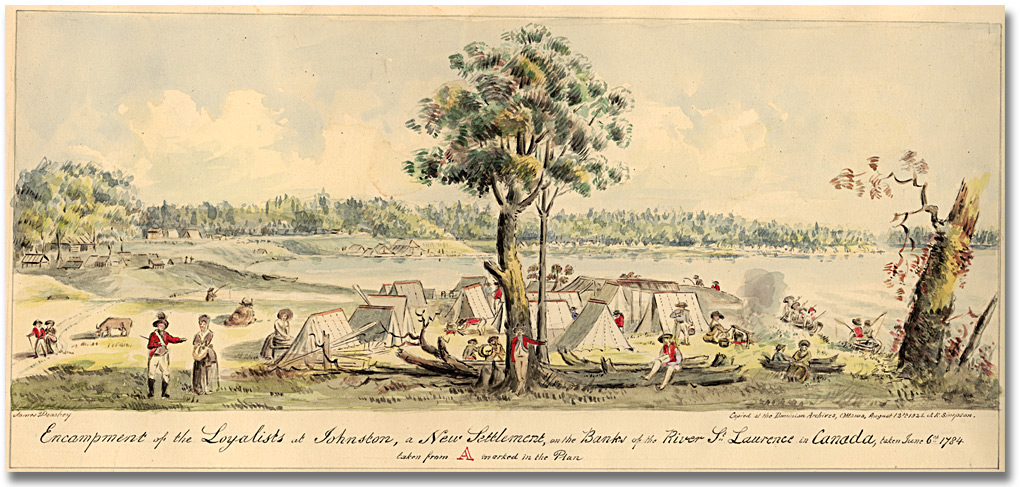
Over two hundred years ago the American Revolution shattered the British Empire in North America. The conflict was rooted in British attempts to assert economic control in her American colonies after her costly victory over the French during the Seven Years War. When protests and riots met the British attempts to impose taxes on the colonists, the British responded with political and military force. Out of the struggle between the Thirteen Colonies and their mother country emerged two nations: the United States and what would later became Canada.
Not all of the inhabitants of the Thirteen Colonies opposed Britain. The United Empire Loyalists were those colonists who remained faithful to the Crown and wished to continue living in the New World. Therefore, they left their homes to settle eventually in what remained of British North America.
Who were the Loyalists?
The Loyalists came from every class and walk of life. Some depended on the Crown for their livelihood and status and had considerable wealth and property. Many were farmers and craftsmen. There were clerks and clergymen, lawyers and labourers, soldiers and enslaved people, Native Americans, college graduates and people who could not write their own names. Recent immigrants from Europe also tended to support the Crown.
They had little in common but their opposition to the revolution. Their reasons for becoming Loyalists were as varied as their backgrounds. Some had strong ties with Britain: others had simply supported what turned out to be the losing side. Local incidents, fear of change, self-interest, political principles, emotional bonds — one or any combination of these influenced their decision to remain loyal to the Crown. The common thread that linked these diverse groups was a distrust of too much democracy which they believed resulted in mob rule and an accompanying breakdown of law and order.
The Reverend Mather Byles mused, “Which is better — to be ruled by one tyrant three thousand miles away or by three thousand tyrants one mile away?” Loyalists believed that the British connection guaranteed them a more secure and prosperous life than republicanism would.
Historians estimate that ten to fifteen percent of the population of the Thirteen Colonies — some 250,000 people — opposed the revolution: some passively, others by speaking out, spying, or fighting against the rebels. Approximately 70,000 Loyalists fled the Thirteen Colonies. Of these, roughly 50,000 went to the British North American Colonies of Quebec and Nova Scotia.
The Loyalist Heritage
Of less practical value than land and supplies, but of more lasting significance to the Loyalists and their descendants, was the government’s recognition of the stand that they had taken. Realizing the importance of some type of consideration, on November 9, 1789, Lord Dorchester, the governor of Quebec, declared “that it was his Wish to put the mark of Honour upon the Families who had adhered to the Unity of the Empire…” As a result of Dorchester’s statement, the printed militia rolls carried the notation:
N.B. Those Loyalists who have adhered to the Unity of the Empire, and joined the Royal Standard before the Treaty of Separation in the year 1783, and all their Children and their Descendants by either sex, are to be distinguished by the following Capitals, affixed to their names: U.E. Alluding to their great principle The Unity of the Empire.
The initials “U.E.” are rarely seen today, but the influence of the Loyalists on the evolution of Canada remains. Their ties with Britain and their antipathy to the United States provided the strength needed to keep Canada independent and distinct in North America.
The Loyalists’ basic distrust of republicanism and “mob rule” influenced Canada’s gradual “paper-strewn” path to nationhood, in contrast to the abrupt and violent upheavals in other countries.
In the two centuries since the Loyalists’ arrival, the myths and realities of their heritage have intertwined to have a powerful influence on how we, as Canadians, see ourselves. Truly, the arrival of the United Empire Loyalists not only changed the course of Canadian history by prompting the British government to establish the provinces of New Brunswick and Ontario, but is also gave them special characteristics which can be seen today. Perhaps the most striking of these is the motto on the Ontario coat of arms: Ut incepit fidelis sic permanet, that is, “Loyal she began, loyal she remains.”
By Ann Mackenzie MA

